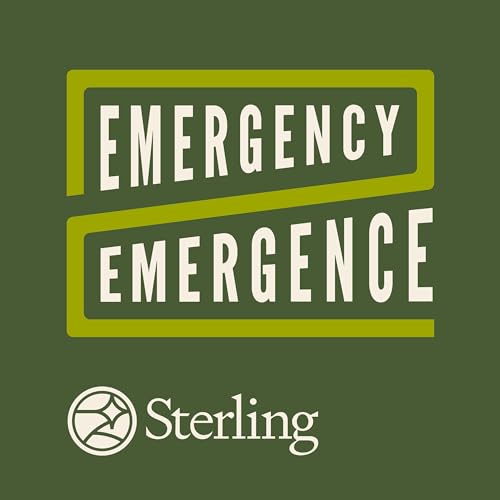Like many young boys, Josh Bossin, Sterling College Faculty in Outdoor Education, found a sense of belonging in the outdoors as a child. Unlike others, Josh resisted the many forces that draw adults indoors and keep us there for 90% of our lives, on average and kept his love for the outdoors alive, well, and thriving. Inspired by conservationist Kris Tomkins's notion that people only protect what they love and only love what they identify with, Josh set up to cultivate a love of the natural world in others. He does that by sticking to fundamentals, reducing barriers to getting outside, eschewing the culture of excess and consumption that often make outdoor adventure seem exclusive, and helping folks safely traverse unfamiliar spaces. This episode is best downloaded and listened to while walking beneath a canopy of new Spring leaves. Move Outdoors with Josh Bossin.
[03:22]-NOLS-National Outdoor leadership school, began working in Alaska, enjoying other people finding their ah-ha! moment, teaching became his focus and was inspired by Conservationist Kris Tomkins and her the idea that people only protect the things they love, and to love something you first have to inherently identify with it
[08:36]-Countering “Guide Halo” and encouraging students to ask questions and challenge leadership and how challenge is valuable, we don't naturally have it anymore, creating opportunities to challenge and grow in outdoor programing
[13:02]-reducing barriers to entry, Sterling provides opportunities to use top of the line equipment, and redefining wilderness and backcountry experience, experiential education
[18:57]-asking questions about inclusivity in outdoor recreation, from different segments of the population
[24:37]-acknowledging there is a climate emergency and managing expectations in the outdoor industry, inspired by Kitty Calhoun and the last known ascent of a glacier and inviting conversations
[29:54]-gets hope from seeing Sterling students seeing themselves as a part of that outdoor movement
 Dec 12 20231 hr and 3 mins
Dec 12 20231 hr and 3 mins Oct 26 20231 hr and 15 mins
Oct 26 20231 hr and 15 mins May 25 202232 mins
May 25 202232 mins 9 mins
9 mins Jan 27 202211 mins
Jan 27 202211 mins 33 mins
33 mins Dec 5 202131 mins
Dec 5 202131 mins 27 mins
27 mins

